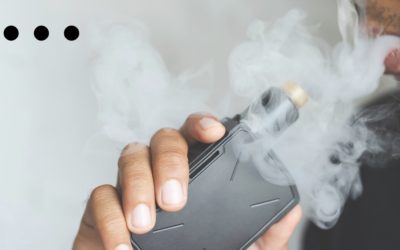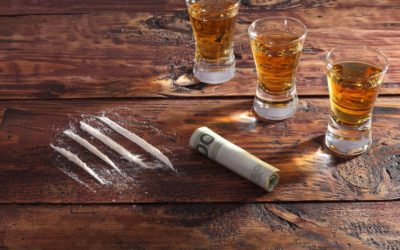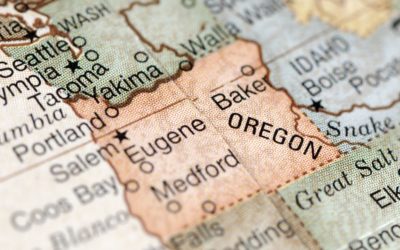Since vaping emerged as a mainstream “alternative” to tobacco cigarettes, there has been much debate on its safety. In this article, we’ll explore vaping, its rise in popularity, statistics on its safety, how it compares to traditional smoking, and potential...
Stimulants
Stimulant addiction is a serious problem that affects millions of people worldwide. Treatment for stimulant addiction usually involves a combination of medication, psychotherapy, and other supportive interventions. Medication therapy is typically used to help reduce withdrawal symptoms and cravings, and to replace the stimulant with a safer, less addictive substance. Common medications used in stimulant addiction treatment include methadone, buprenorphine, naltrexone, and bupropion.
Psychotherapy is often used to help individuals understand their addiction and learn healthier coping skills. Cognitive-behavioral therapy (CBT) is the most commonly used form of psychotherapy for stimulant addiction. CBT helps individuals identify and challenge the distorted thoughts and beliefs that contribute to their addiction and replace them with healthier, more adaptive thoughts and behaviors. Other forms of psychotherapy, such as motivational interviewing, family therapy, and 12-step facilitation, can also be helpful in the treatment of stimulant addiction.
In addition to medication and psychotherapy, other supportive interventions may be used in stimulant addiction treatment. These can include peer support, vocational and educational services, and recreational activities. Supportive interventions can help individuals learn how to manage stress, build coping skills, and create positive relationships.
Overall, stimulant addiction treatment is an ongoing process that requires a comprehensive approach. Medication, psychotherapy, and supportive interventions can help individuals learn how to manage their addiction and create a healthier lifestyle. With the right treatment, individuals can achieve long-term recovery and improved quality of life.
Explore the articles below for more information, resources, and insight on stimulant addiction, treatment, and recovery.
References:
1. Substance Abuse and Mental Health Services Administration. (2020). Medications for Stimulant Use Disorder. Retrieved from https://www.samhsa.gov/medication-assisted-treatment/specific-populations/stimulant-use-disorder
2. National Institute on Drug Abuse. (2020). Cognitive-Behavioral Therapy. Retrieved from https://www.drugabuse.gov/publications/principles-drug-addiction-treatment-research-based-guide-third-edition/evidence-based-approaches-to-drug-addiction-treatment/behavioral-1
3. National Institute on Drug Abuse. (2020). Supportive Services. Retrieved from https://www.drugabuse.gov/publications/principles-drug-addiction-treatment-research-based-guide-third-edition/evidence-based-approaches-to-drug-addiction-treatment/supportive-services
Promising New Treatment Option for Meth Addiction
Methamphetamine is a hell of a drug. Powerful and potent, this man-made psychostimulant causes such a rush of dopamine that it’s not at all unusual for a person to get hooked after only a single use. Not only is it one of the most addictive on the planet, but its...
The Dangers of Mixing Cocaine & Alcohol
Alcohol and cocaine are among the most widely abused substances in the United States. Each of these substances come with risks when they are consumed individually - something most of us know. What many people are unaware of is that when combined, the effects of...
Oregon Decriminalizes Cocaine & Heroin Use
https://www.bbc.com/news/world-us-canada-54809825 The 2020 General Election has been one for the history books, and it has to do with more than just who the next president will be. Oregon has made history in passing a bill that decriminalizes the possession of small...
Submit your favorite sober brand to be featured in AT Magazine.
We want to know if you love a brand, company, or organization that you feel has helped you in your sobriety! Provide the name and URL for the brand, as well as why you love this brand. Brands can include anything from non-alcoholic beverages and sober merchandise companies to recovery bloggers and influencers.




